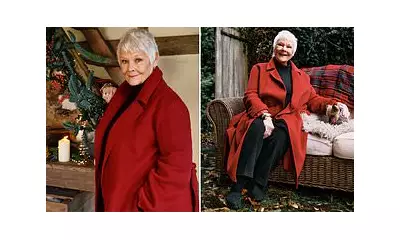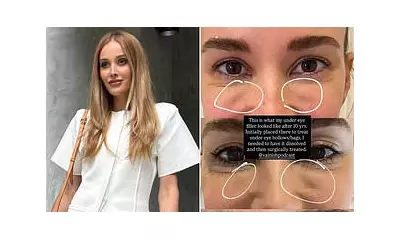
When Lauren Koster first experienced crippling stomach pains and alarming changes in her bowel habits, she trusted her doctors' reassurances that it was simply Irritable Bowel Syndrome. For two agonising years, the 29-year-old battled increasingly severe symptoms while medical professionals dismissed her growing concerns.
"I knew something was seriously wrong," Lauren recalls, her voice filled with emotion. "But every time I sought help, I was told I was too young for bowel cancer and it must be IBS. I was made to feel like I was overreacting."
The Devastating Diagnosis
Lauren's nightmare culminated in a shocking diagnosis that confirmed her worst fears: stage 3 colorectal cancer. The disease had advanced significantly during the two years she was misdiagnosed, requiring immediate aggressive treatment.
"Hearing the words 'you have cancer' was devastating, but part of me felt vindicated," she admits. "I'd known all along that something wasn't right."
Symptoms Everyone Should Know
Lauren experienced classic bowel cancer symptoms that were repeatedly overlooked:
- Persistent abdominal pain and cramping
- Unexplained changes in bowel habits
- Visible blood in stools
- Severe bloating and discomfort
- Unexpected weight loss
"The most dangerous myth is that bowel cancer only affects older people," Lauren emphasises. "Young people get it too, and we need to be taken seriously."
Fighting for Her Future
Lauren's treatment involved gruelling chemotherapy and radical surgery that has left her with a permanent stoma. While she's currently in remission, the physical and emotional scars remain.
"The treatment has been brutal, but I'm grateful to be alive," she says. "If my cancer had been caught earlier, I might have had less invasive treatment."
An Urgent Warning to Others
Lauren now dedicates her energy to raising awareness about bowel cancer in young adults, urging both patients and medical professionals to take symptoms seriously regardless of age.
"Trust your body - you know when something isn't right," she insists. "Be persistent, seek second opinions, and don't let anyone dismiss your concerns. It could save your life."
Her story serves as a powerful reminder that cancer doesn't discriminate by age and that patient advocacy can make the difference between early detection and advanced disease.





